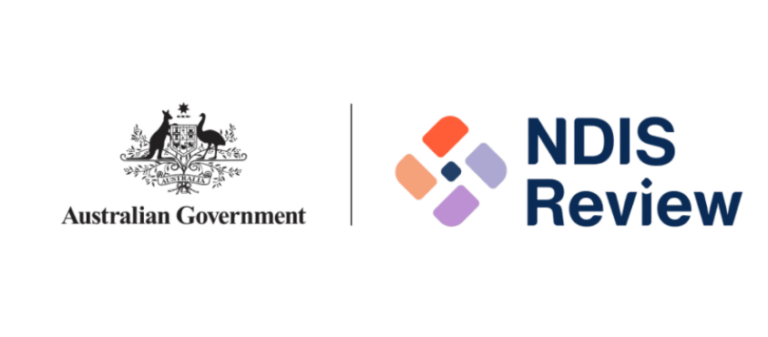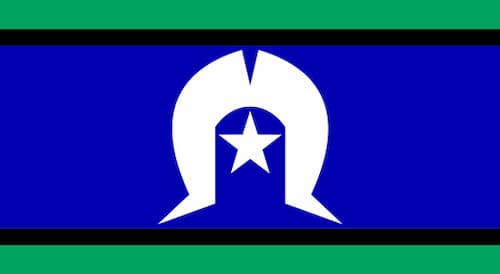Getting to know our clients at a deeper level is always rewarding.
Client Vicky is proof that behind every person, is a life story and, often, a very interesting one at that.
Vicky’s colourful artwork featured in our recent Easter greeting.
Behind her artwork, is a life just as colourful. Vicky has travelled and lived abroad, has studied widely, forged a career in Australia, is a mother and grandmother, and according to reports, is a darn good cook. She’s a person with a sassy personality (attributed to her German mother) and a great sense of humour. She’s also a woman with an acquired brain injury.
Support Workers Kerry and Kylie provide regular support (primarily social support) to Vicky throughout the week, helping her to maintain her independence.
“Vicky is very capable in many ways,” says Kylie.
“So, our work is about encouraging and prompting her in activities,” she says.
“To give her confidence and reassurance, but also giving her space when she needs it.”
Space is important as Vicky has always been independent, even from her earliest childhood, which was exciting and unconventional.
With a German mother, a policewoman who had formally studied nuclear physics, and a father in the RAAF, the family was often travelling and living in different countries.
“We lived all over,” says Vicky. “England, Bahrain, France, America…”
Along the way, Vicky picked up 8 different languages.
“Later…when I was homeschooling my own children, I was speaking to them in Japanese,” she says.
“And now…My neurologist says that I should keep up the languages, that it is good for my memory.”
Hypoxic brain injury
Some loss of memory is an unfortunate consequence of Vicky’s acquired brain injury.
Diagnosed with the autoimmune disease lupus, Vicky was treated with chemotherapy some 7 years ago (at the age of 50). The treatment resulted in Vicky suffering a hypoxic brain injury, with the chemotherapy literally triggering starvation of oxygen to the brain.
Having studied and practised as a Registered Nurse in South Australia, Vicky knew the medical diagnosis better than most and has been educating people on just what a hypoxic brain injury is, and the triggers to avoid aggravating her medical condition.
“The injury left me with a particular sensitivity to certain chemicals – nitrates and sulphates – and bleaches, which can trigger further reactions,” says Vicky.
Art as Therapy
Art is known to assist people with acquired brain injury to tap into their creativity and self- expression. Art therapy helps strengthen cognitive function and is accepted as a valid approach to treating brain injury.
Vicky has always had an interest and talent for art, working mainly in watercolours and acrylics, and has done some formal study and work in the past.
“When I lived in England, I was doing some graphic design work,” she says.
“I did some design for [supermarket chain] Tesco’s signage, for some University fundraisers while I was studying, and custom screen printing for a time,” she says.
“I also started a course in Building & Architecture, which focused on design.”
As well as the Easter artwork, she has contributed paintings for a bushfire fundraiser appeal organised by Assured, and for our Christmas messaging.

“She’s very good at it, drawing and painting,” says Kerry.
Life at Home, and in the Future
With her namesake (Victoria Adams), attention to hair and makeup and talent for op-shopping, Vicky is known affectionately as ‘Posh Spice’ within the Supported Accommodation units.
She is also known as a good cook, occasionally preparing meals for the other unit residents. Although, as she says with some sass, she is “trying to avoid one of them at the moment,” who she refers to as “Pepe le Pew” (with a familiar fondness).
Familiarity at home is important to Vicky, and she has developed good relationships with her neighbours, and primary Support Workers.
“I believe that Vicky has grown to trust me, which is very important to her,” says Kylie.
“My goals are for her to feel comfortable and safe, and to enjoy her home environment.”
Gardening is also something that Vicky has enjoyed in the past.
“I had a greenhouse and raised vegetable gardens in my previous home,” she says.
Support Worker Kerry has started a garden at the accommodation with Vicky, and they have been cooking regularly together.
“I’ve been bringing in food magazines and cookbooks, and things from home,” she says.
“Lots of little things that are making a big difference.”
A serious shopping trip to Bunnings is flagged post COVID-19, as well as a trip to the local art supplies store.
“I want to get some more canvases and spray-paints to create more art pieces,” says Vicky.
Longer-term, Vicky would also like to get back to the Copper Coast in South Australia where she lived and spent time in Moonta and Kadina, and where several friends and family live.
In the meantime, Vicky has enjoyed going to the Grenville Hub, joining the ’time for talking’ sessions held, visiting the library, exploring churches and her favourite op shops. Something that will resume post COVID-19.
“I’d like to see Vicky continue to get out more in the community and develop more connections,” says Kylie.
Kerry agrees, and adds that, “Developing a positive mindset is something that we’ve been working on – offering mental support, as much if not more than physical.”
“Our goal is to support Vicky to live her best life” says Kylie, “happy, bright and cheerful.”

—-
What is Hypoxic Brain Injury?
A hypoxic brain injury occurs where there is disruption in supply of oxygen to the brain. This can occur through such things as stroke, cardiac arrest, hypotension, carbon monoxide poisoning, drowning and strangulation.
The impacts of a ‘hypoxic’ brain injury can vary, from mild symptoms such as dizziness and inability to concentrate to long term issues impacting the senses, speech and vision, and memory.
Brain Injury SA is the recognised peak body for those who have experienced an acquired brain injury, and those who care for them. The association provides a range of services and programs that help connect those affected by an ABI. The Grenville Hub is just one of Brain Injury SA’s positive community centres designed to bring people together to socialise and share experiences, and to receive education on a range of topics.
In a recent positive move, Brain Injury SA put out a call to appoint a Board member with lived experience of an ABI. For further information, visit the Brain Injury SA website.




